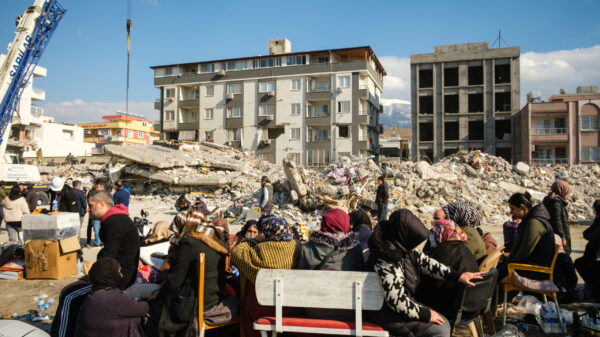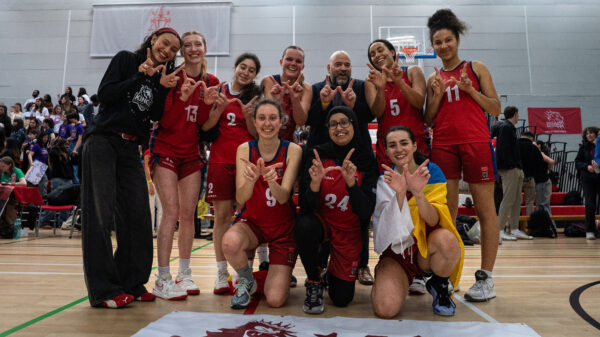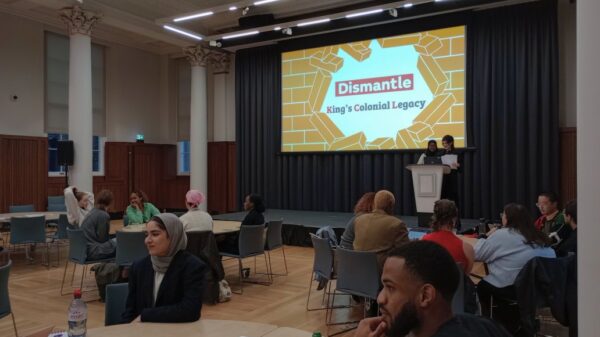Staff writer Ruth Otim examines the impact colonialism has had on the incarceration of women in Africa.
Contemporary discourse on colonialism today can often feel like investigating an archaeological site as if we are inspecting something that only lived and died in the past. Realistically, colonialist tendencies endure in postcolonial nations, in structures and institutions underlined by exploitation and injustice, particularly those guarded away by lock and key. The incarceration of female offenders, notably across sub-Saharan Africa is not solely the consequence of their criminal charges, but rather, is conjoined to a colonial verdict imposed upon them before birth.
Cases such as the inability of women’s prisons in South Africa to properly rehabilitate their offenders, in Sierra Leone where women’s inability to pay bail has cultivated the term the “feminization of poverty”, shows how current systems that imprison women not only harm current offenders, but that the systemic issues women face prior are a pipeline to their criminalization in the continent. These crimes, laws and attitudes taken up by criminal centres in Africa are evoking a form of justice instructed by the colonial rulers who once instilled them.
Unwanted Inheritances and Unfavourable Sentences
The colonial inheritance of women within the continent is not just one: the multiple roles from a caregiver to a mother, a wife and a daily labourer, are all ones which must be conducted with a disposition of willingness and gratitude. This inheritance also goes by another name: heteronormativity. Women in the continent had to adopt strict gender roles within their families and greater communities during colonialism. They had to, and continue to adhere to a heteronormative binary whether that is gender or sexuality.
How does this then relate to female incarceration in Africa? A current Namibian law, for example, titled “Combatting Immoral Practices Act of 1980”, reinforced a longstanding colonial law that not only criminalized homosexuality but limited reproductive rights for indigenous Namibian women. Roman-Dutch law, from which the Act is derived, was implemented by the German empire which made heteronormativity not an issue of individual preference but of legality. Heteronormativity became law, so when Indigenous Namibian women in the past, and in the present, exist outside of these standards, they also face imprisonment.
The politicisation of heteronormativity does not only imprison queer African women, colonial social conventions such as the relegation of African women, during and post-colonialism, to domestic work, limit African women’s access to financial security. It also takes a toll on their domestic lives and mental health. In Botswana, research suggests that crime could even be used as a “coping mechanism”, with women using it, as Tirelo Modie-Moroka states:
“[as] a way of evading the violence and the unrealistic expectations and multiple roles that women are engaged in within their homes.”
Tirelo Modie-Moroka
Rendering women to solely underpaying domestic work and overall domesticity thrives even in post-colonial Africa. In South Africa, about 33% of female offenders were unable to pay bail, starkly in contrast with 7% of male prisoners. Additionally, a 1988 study in six Zambian prisons, found that, of the 81 female detainees surveyed, 65% were incarcerated for violent crimes most often linked to domestic disputes; and of the surveyed group, half were illiterate.
The implications of socially instilled heteronormativity has economically impaired women. Colonial, heteronormative standards have not only limited African women from receiving educational and employment opportunities because of an unjust hierarchy of gender, but women in female-headed households are not even considered within post-colonialist frameworks. So when women do commit crimes, either within their domestic partnerships or are made to remain in prison because they could not pay bail for offenses, what is to become of them? More pressingly, what is to become of them and their children?
Cradles and Cells: Parenting Behind Bars
When the woman of the household – the member of the family that has been assigned numerous roles – exits the household, either pregnant or already having children, complications arise with child-rearing and prison life.
With the already dire conditions of these prisons, and the lack of proper medical and infant care facilities within sub-Saharan Africa, Sierra Leonean mothers in prison, for instance, noted that receiving necessary supplies for their children and themselves was up to the benevolence of their prison officers. From the lack of clean clothing for mothers in Zambian prisons to Cameroonian mothers worried about the unhygienic standards they live in, African justice systems do little to nothing to not only accommodate these mothers but most importantly, prevent them from ever entering a cell with their child.
Poorer women, female heads of households, and women in poor domestic positions who are disadvantaged either economically, socially, or domestically, engage in crimes that, more often than not, are done for their families. Mothers who suffered economically would enter into illegal occupations just to be able to “raise school fees and buy uniforms for their children”. Of the 200 women surveyed in Lang’ata Maximum Women prison in Kenya, 83% were single mothers “solely responsible for their children’s economic well-being”. Women in poor domestic situations had little voice in their lives and that of their children thereby motivating them to end hostile domestic situations through criminal action.
The women who chose motherhood in prison, more often than not, did it for their children. Their position within society, founded upon a colonial system predicated on their subjugation, pushed them towards illegal work and actions. Incarcerated women, on the other hand, who did not choose to carry their children to term, and who wanted to get abortions but were imprisoned with attempted infanticide share one thing in common with women in the former case; they did not get a choice in the systems they exist in.
The post-colonial settings these women find themselves in exist against them from eras they were not even alive to see. Their overlooked and underfunded positions within society, as well as the impact of raising children, are all intertwined with one another. The greatest remnant of the colonial era is stripping choice away from African women which can push them towards a life of crime.














